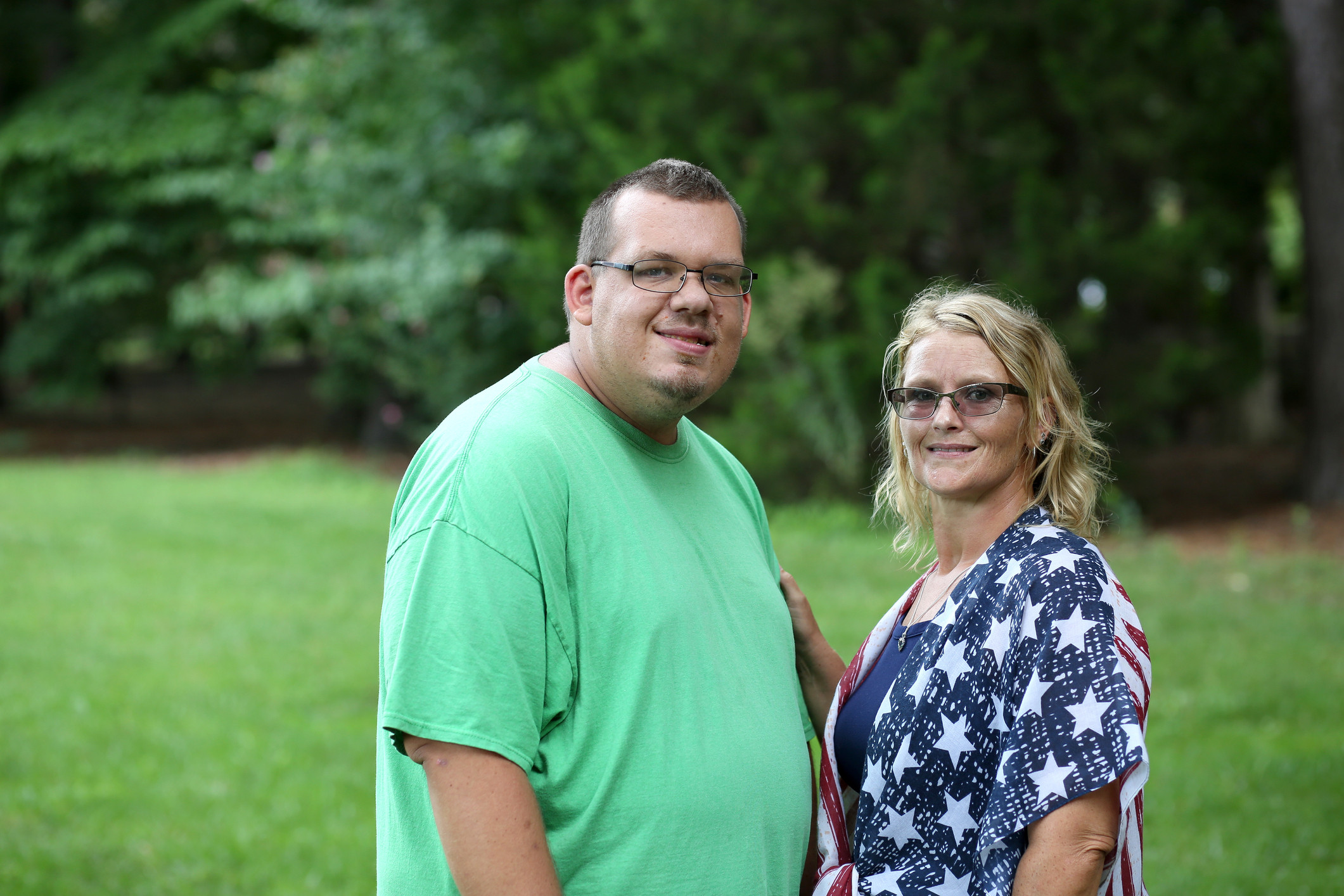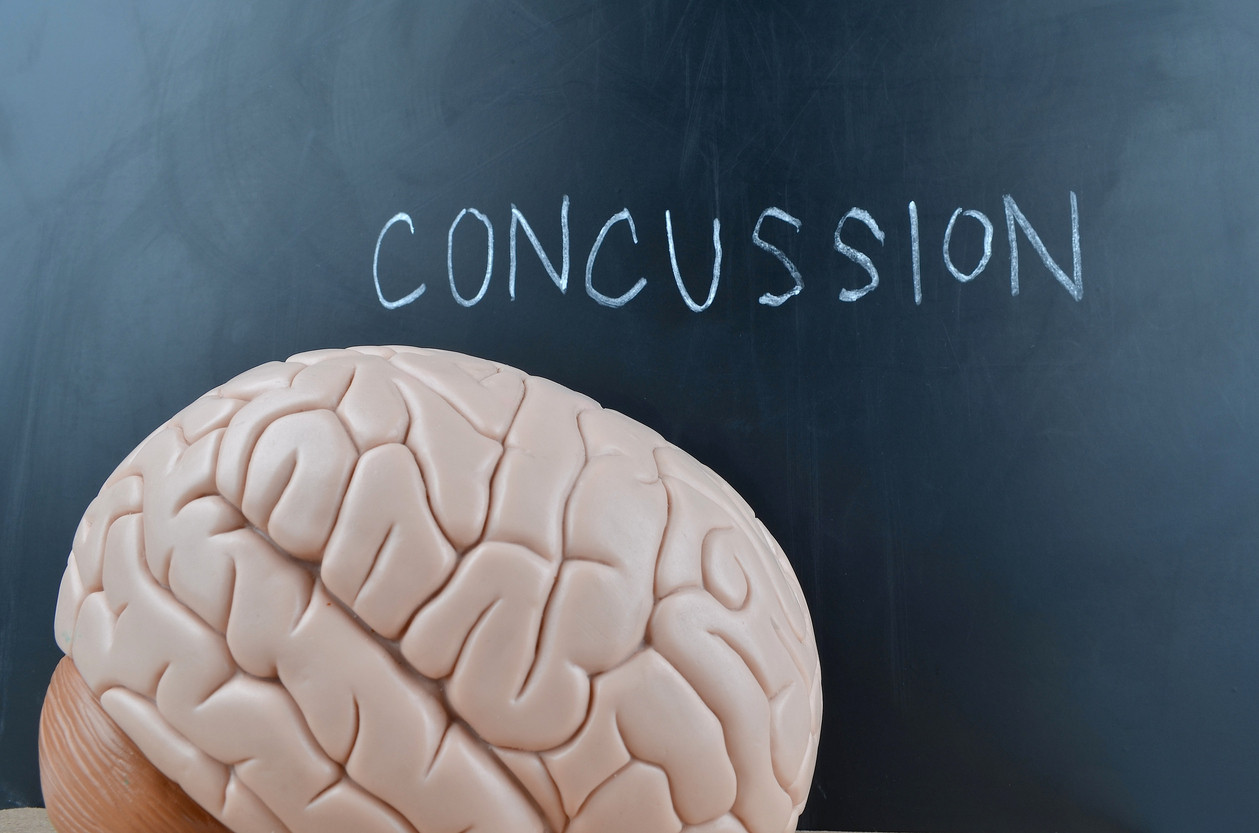
What are somatic workouts?

How to curb your stress eating

How to spot Parkinson’s disease symptoms

8 simple ways to reduce ultra-processed foods in your diet

Heart failure symptoms in women: How they’re different

GERD diet: Foods to avoid to reduce acid reflux

Strong is the new skinny

Everyday habits that sneakily weaken your bones

Don’t wait to get help for back pain

Correcting how you walk may ease osteoarthritis knee pain
Neurological Conditions Archive
Articles
How to recognize a ministroke or stroke — and what to do
A transient ischemic attack (TIA), or ministroke, is caused by a temporary lack of blood in part of the brain, usually from a clot. The fleeting symptoms of a TIA can be a warning of risk for an imminent, more serious stroke. In the event of a stroke, getting help immediately is crucial, and knowing the signs will make that more likely.
Why is music good for the brain?
A study conducted by AARP found correlation between a person’s engagement with music and their opinion of their brain health and cognitive ability. While the study did not involve any objective measure of brain health, music has been shown to activate multiple areas of the brain, and keeping brain pathways active helps keep the brain strong in older age.
Does air pollution cause Alzheimer’s disease?
It has been known for some time that air pollution causes heart and lung diseases. Now, results from three different studies on populations in different parts of the world show an association between higher levels of air pollution and greater risk of cognitive impairment, dementia, and Alzheimer’s disease.
Reducing your risk of changes in thinking following surgery
As more older people undergo surgeries, the risk of complications increases, including for cognitive decline following their procedures, particularly after cardiac surgery. But awareness and pre-planning with your care team can help you avoid such complications.
Strategies to support teens and young adults with autism spectrum disorder during COVID-19
The conditions imposed by the COVID-19 pandemic are challenging for all of us, but are especially difficult for teenagers with autism spectrum disorder and their families. Strategies to support teens and families living with ASD can help lessen the impact of the virus.
Opportunities for growth: Transitions for youth with autism spectrum disorder
For young people with autism spectrum disorder, the transition from adolescence to adulthood is marked by changes in many areas of their lives. Healthcare providers and caregivers can make this transition smoother and help their patients meet these challenges.
The role of our minds in the avoidance of falls
In older people, the majority of falls occur when someone is standing or walking while also performing a separate cognitive or motor task. These tasks require more cognitive effort as we age, but focus and awareness can prevent falls from happening.
Hands or feet asleep? What to do
It’s happened to all of us: a hand or leg temporarily “falls asleep,” usually from being in one position for too long. Why does it happen? Are there times when you should be concerned about it?
Is there really a blood test to diagnose concussion?
Can a blood test tell whether or not you have a concussion? It’s not quite that simple. There is a test that indicates the presence of substances released into the blood after a brain injury, but for now it is more useful for identifying situations when a CT scan is not necessary.
Intimate partner violence and traumatic brain injury: An “invisible” public health epidemic
While post-concussive symptoms are common in women who have experienced intimate partner violence, many women hide their symptoms and little research has been done, meaning the long-term health risks of millions of women are unknown.

What are somatic workouts?

How to curb your stress eating

How to spot Parkinson’s disease symptoms

8 simple ways to reduce ultra-processed foods in your diet

Heart failure symptoms in women: How they’re different

GERD diet: Foods to avoid to reduce acid reflux

Strong is the new skinny

Everyday habits that sneakily weaken your bones

Don’t wait to get help for back pain

Correcting how you walk may ease osteoarthritis knee pain
Free Healthbeat Signup
Get the latest in health news delivered to your inbox!
Sign Up











